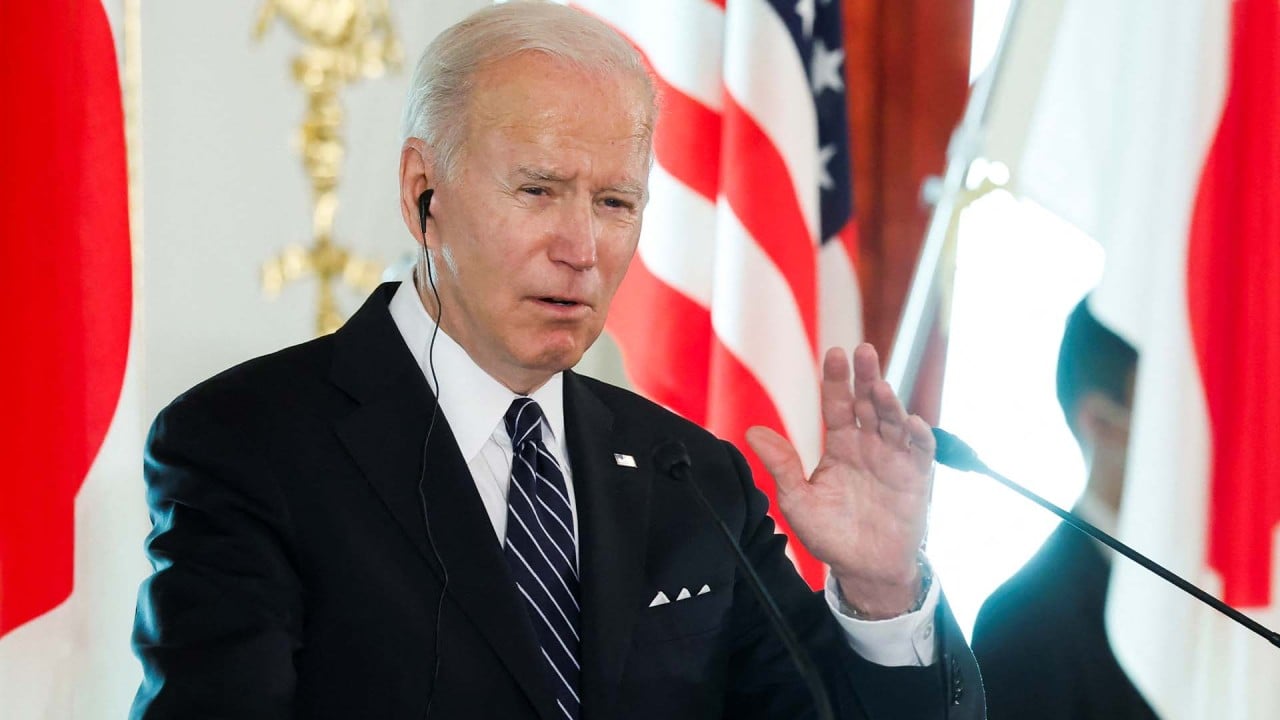‘Opportunities in China better than US’: interest high for young Americans
‘Opportunities in China better than US’: interest high for young Americans South China Morning Post

In Shanghai, the country’s commercial hub, the number of expatriates fell more than 20 per cent from 2011 to 2021, to around 163,000, American Chamber of Commerce Shanghai president Ker Gibbs said last year. Shanghai has been locked down since early April and is expected to fully restore mobility and manufacturing by the end of May.
The number of foreigners in Beijing fell more than 40 per cent from 2010 to last year, ending around 63,000, Gibbs said.
Multinationals will still need the help of educated, Mandarin-speaking foreigners as China’s economy recovers, said Jimmy Ho, vice-chairman at the Hong Kong office of US-headquartered management consulting firm Korn Ferry.
Luxury brands, for example, will want employees who understand digitisation, intellectual property and the brand’s home markets in Europe or the US, Ho said. Comfort in liaising with bosses overseas would be another plus.
“All these [positions], to be honest, are still looking for the best person with domain knowledge,” he said. “Luxury brands will not compromise.”
Those brands are likely to rebound in China after the pandemic, he said, though tech and hospitality might offer fewer jobs for foreigners.
Localisation trends in China have made some jobs less accessible than before to foreigners, Ho added.
UC Berkeley first-year student Rob Perino, 19, is keen to work in China’s finance industry as a learning adventure.
“I would go just for the experience and learn about a different place, and I would come back because I grew up in the [San Francisco] Bay Area all my life and I’d want to live here some more.”
Perino said he was unfazed by Sino-US politics and called China “a good place to live”.
Fellow student Michael Alexander, 20, a junior in molecular and cellular biology, said he did not pay attention to politics. He would go to China if sent by a multinational.
“For me, something like international travel would be interesting since I’ve only ever lived in the United States,” Alexander said.
China-US relations have deteriorated since 2017 over trade friction, diplomatic spats and technology transfer issues. The US Securities and Exchange Commission is now eyeing 80 Chinese companies for possible delisting from American stock exchanges.
The two countries have also jousted over the autonomy of Taiwan – with Beijing calling it a renegade Chinese territory and Washington pledging to defend it – and crackdowns against anti-government protesters in Hong Kong.
Younger Americans often inquire about short-term positions teaching English in China, said Karen Rose, owner of Berkeley-based Career Therapy advisory service.
Many of those jobs have moved to Japan and South Korea as Covid-19 afflicts China, she said, but college graduates still like the idea of a six- to 12-month stint as an adventurous way to build their resumes.
“I think that there are people who want to travel,” Rose said.
She gives guidance on the pay, room and board – including dorm-like set-ups that some Americans might dislike. “A lot of them are like ‘I want to do six months here and six months there.’ They want to go wherever there’s a good English programme,” she said.
China still represents a welcome contrast to living in a single state or city all their lives to date, university students say.
A high salary from a multinational company would make that travel all the more worthwhile, said Grace Flores, a second-year UC Berkeley integrative biology student.
“A lot of young people and students definitely want to travel and experience something different, even if just for a few years,” Flores said. “Like, after you graduate you don’t know straight away what you want to do.”



